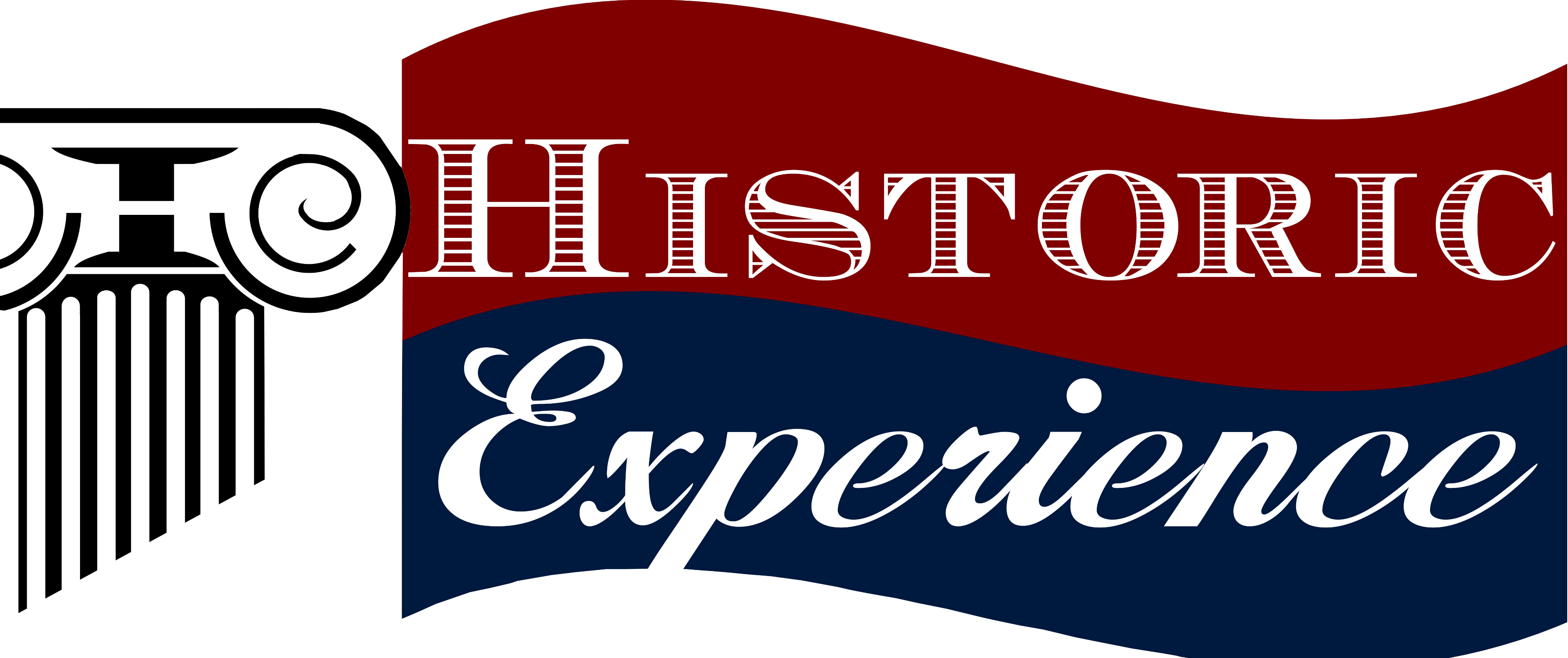April 3 -Adams releases the Documents
March 26-
The "Birth" of the Gerrymander
Imagine being pressured by your opponents to bend to their demands – and agreeing to them.
John Adams was under great scrutiny. (You would be too if you were the President after George Washington.) Adams’ administration began with the growing division of political parties. Washington warned against them, but the American people were beginning to line up behind two different factions – Democratic-Republicans who preferred stronger state governments, and Federalists who preferred—well, you can guess. Very quickly, party loyalty took on a nearly blind devotion. One party would oppose action by the other party simply because it was enacted by the other party. It was new behavior for this new country, and Adams was just as fearful of its consequences as his predecessor.
In 1798, the country was facing a new schism. France’s retaliation for America’s neutrality brought growing calls for war from the Federalists. Democratic-Republicans, whose numbers were increasing with French immigrants, were strongly opposed to such action. Their figurehead, Thomas Jefferson, was particularly opposed to the United States embroiling itself in foreign conflicts. The “head” of the Federalists, John Adams, barely even wanted to be called a Federalist. He was more concerned with what was best for the country; he just happened to believe that strong central federal-level government was the best approach.
When the American ambassadors to France were met coolly, followed by ultimatums for tribute (bribes) and loans before they would even be heard, Adams saw the potential for further French attacks. Without a permanent standing army or navy, America was scarcely prepared to defend its own land, much less attack French frigates on the open seas. The second President petitioned Congress to allocate funds for soldiers and vessels, based upon the Ambassadors' accounts of their encounters. (He also kept the door open for peace talks, but that made a whole other group of people unhappy.)
Democratic-Republicans were outraged at the prospect of war with France. It may have had something to do with the growing number of French immigrants who were joining the D-R party; it might have been that Adams was a Federalist (in their eyes) and they would not hear anything he had to say. Might've been both.
They didn't believe Adams' interpretation of what he said was the ambassadors' statements. They wanted proof! There was hope of catching Adams in a lie, or at least an exaggeration. Federalists actually joined the demand, though for much different reasons. "Release the documents!"
And the defiant Adams, the man of no party - did what they asked.
Names of the French agents were changed to W, X, Y, & Z for security purposes, but otherwise, Congress got the whole story - just as Adams had described it. (Hence why the XYZ Affair was thusly named.) Federalists began to cry for war, Democratic-Republicans got what they asked for but weren't too pleased with it, and Adams got a further divided nation. But it gave him the opportunity to prepare for war and peace, for country, not party.

John Adams
To the United States Congress, April 3, 1798
Gentlemen of the Senate and Gentlemen of the House of Representatives:
In compliance with the request of the House of Representatives expressed in their resolution of the 2d of this month, I transmit to both Houses those instructions to and dispatches from the envoys extraordinary of the United States to the French Republic which were mentioned in my message of the 19th or March last, omitting only some names and a few expressions descriptive of the persons.
I request that they may be considered in confidence until the members of Congress are fully possessed of their contents and shall have had opportunity to deliberate on the consequences of their publication, after which time I submit them to your wisdom.
